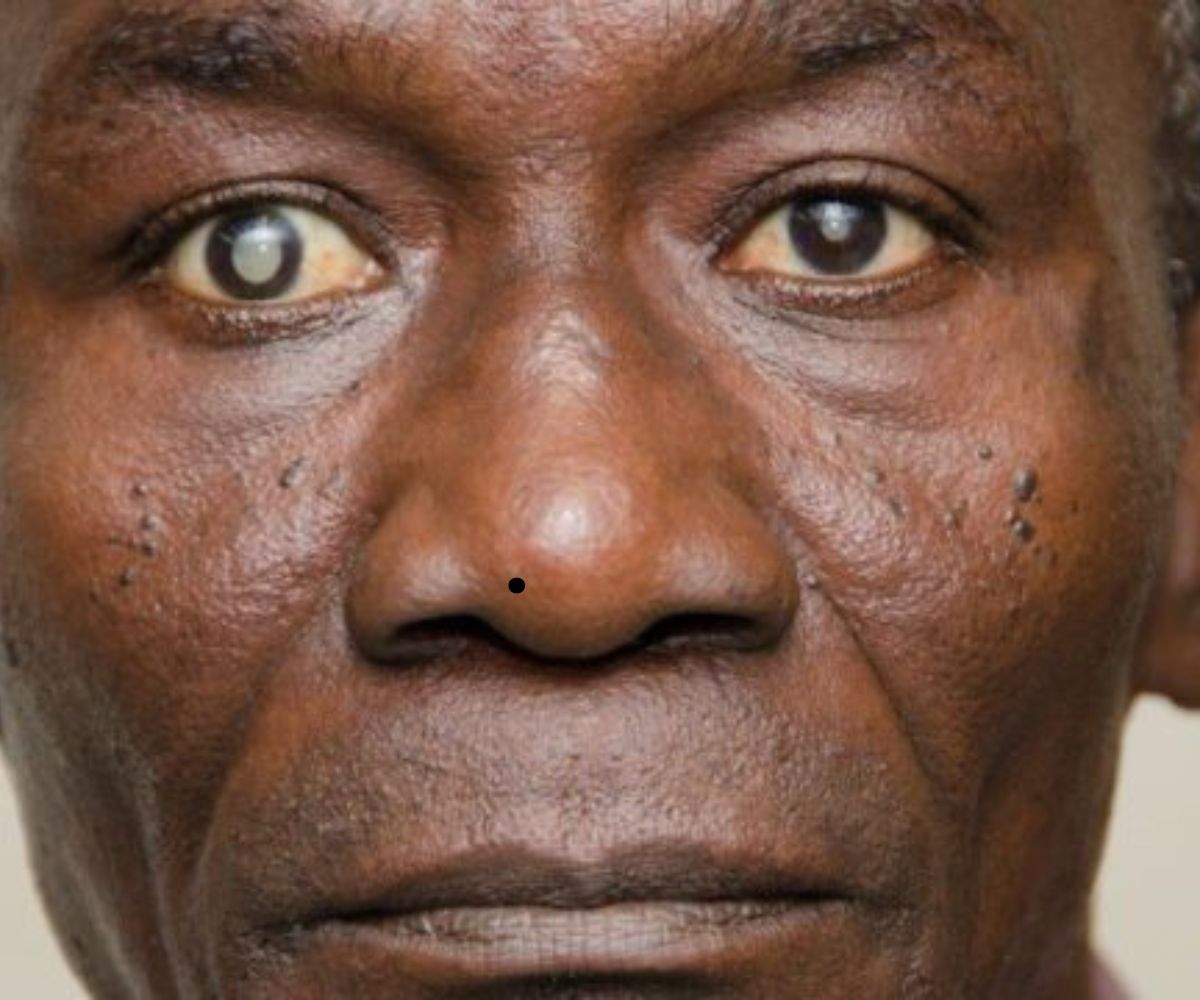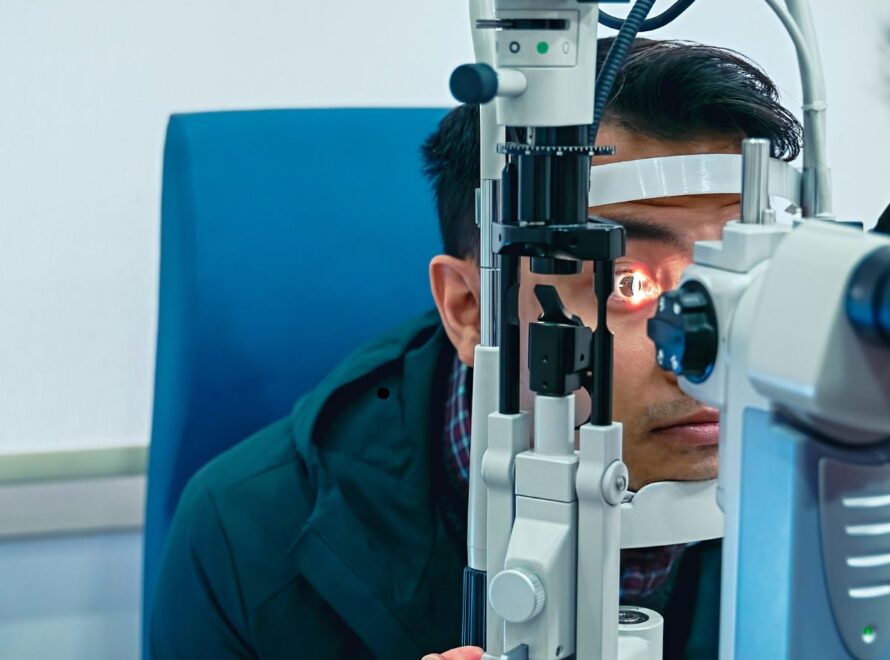Cataracts are a common eye condition that causes the lens of the eye to become cloudy or opaque, leading to vision problems. As cataracts develop, they can cause a variety of symptoms that can significantly impact a person’s quality of life. In this article, we will discuss the signs and symptoms of cataracts and when to seek medical attention.
Blurred or Cloudy Vision
One of the most common symptoms of cataracts is blurred or cloudy vision. As the lens of the eye becomes cloudy, it becomes more difficult for light to pass through, resulting in a hazy or blurred appearance. This can make it challenging to perform everyday tasks such as reading, driving, or watching television.
Sensitivity to Glare and Light
Cataracts can also cause increased sensitivity to glare and light. People with cataracts may find bright lights, such as sunlight or car headlights, to be uncomfortable or even painful. They may also experience halos around lights, which can be particularly problematic when driving at night.
Changes in Color Perception
Another sign of cataracts is changes in color perception. Colors may appear faded or yellowed, making it difficult to distinguish between certain shades. This can be particularly noticeable when trying to match colors or when looking at vibrant colors.
Double Vision
In some cases, cataracts can cause double vision in one eye. This occurs when the lens becomes cloudy in a way that causes light to be refracted differently, resulting in two images being formed on the retina.
Frequent Changes in Eyeglass or Contact Lens Prescription
As cataracts progress, the lens of the eye can change shape, leading to frequent changes in eyeglass or contact lens prescriptions. People with cataracts may find that their glasses or contacts no longer provide clear vision, even with frequent updates to their prescription.
Poor Night Vision
Cataracts can also cause poor night vision, making it difficult to see in low-light conditions. This can be particularly problematic for older adults, who may already have difficulty seeing at night due to age-related changes in the eye. If you experience any of these symptoms, it is important to schedule an appointment with an ophthalmologist for a comprehensive eye exam. Early detection and treatment of cataracts can help preserve vision and prevent further vision loss.





